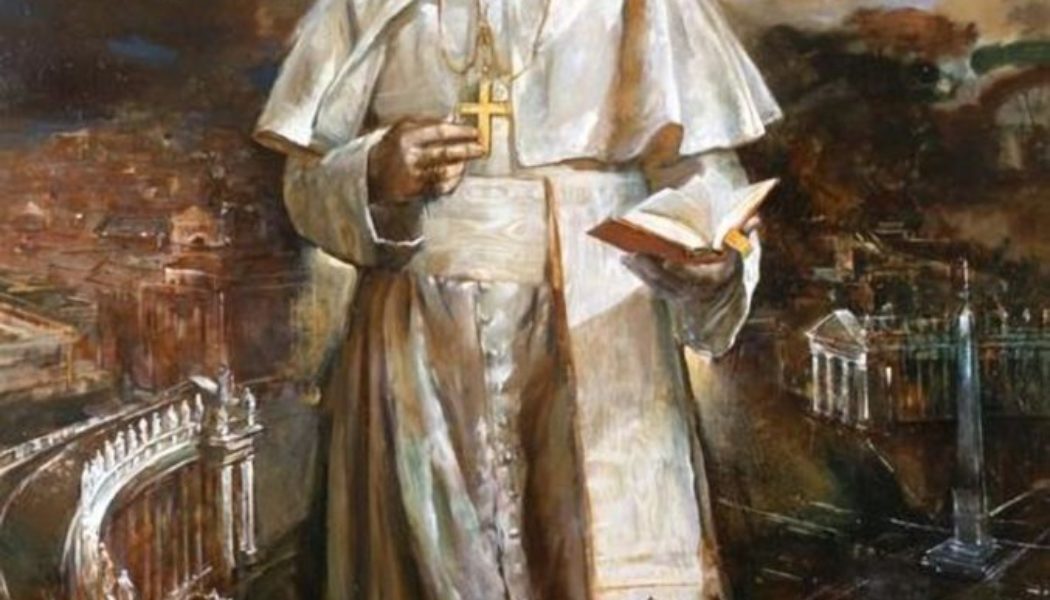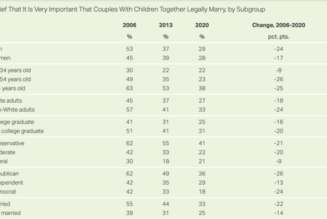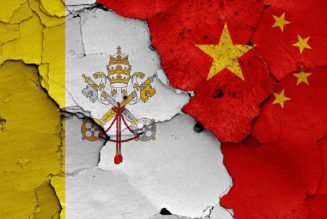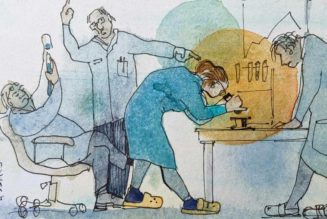I don’t deny the validity of Vatican II, of course, or its immense importance. I’ve read every document and wholeheartedly affirm every line. I’ve even read all the “post-conciliar” documents, and Karol Wojtyla’s Sources of Renewal besides. I’ve written many essays and given many talks on the Council. I’ve even made a fresh translation of one of its decrees. You’d be hard-pressed to find ten Catholics who have studied the Council more thoroughly than I have (“not brag, just fact” – John Wayne). And yet now I find myself wondering, increasingly every day, if the Council is not in some sense “spent.”
I will give you my upbeat reason first. Consider any association (the Church is in several respects an association), and let it adopt resolutions over how to change and improve, and then assign it the best possible leader, who understood these resolutions better than anyone – someone, in fact, who had already embodied them. Moreover, shower that leader with all kinds of divine assistance, and give him the longest possible tenure for implementing them, and the widest audience. Now, I think most of us would say: well, that’s it. Whatever is the result – that’s the effect that that association should reasonably expect from its self-examination and its resolutions.
You see the point. Vatican II understood itself as a “pastoral Council.” Something pastoral is practical. Something practical is like a force that is exerted and applied within definite limits. Or liken it to seed that is sown (Our Lord’s image). Its effect depends upon receptivity, and a whole lot of other things. But a pastoral intervention has a definite and limited effect, by the nature of the case. So then, regard it as positive, or as depressingly meager perhaps. But why isn’t it the case that the energy and insight of Vatican II is already spent, that the harvest from the Council is now clear? And it consists, in a word, of whatever lasting effects come from the pontificate of John Paul II.
As a digression, I note that although John Paul II wrote no magisterial document without supporting nearly every line with a reference to the Council, Benedict had largely stopped citing the Council (of the 40 footnotes in Spe Salvi, for instance, there isn’t a single reference to a Conciliar document).
And do we see evidence that the Council is “used up” in practices of Catholics? I find for my own part that whereas thirty years ago I might have enthusiastically placed Gaudium et Spes in the hands of a student under my guidance, now I’ll recommend St. Augustine, St. Francis de Sales, St. John Vianney, or simply the Gospels as leading to the best practical effects.
But now I’ll give you four “dismal” reasons why it’s spent, and why it is therefore good to regard it as spent.

The first reason has to do with the practical meaning of what we say and do, and that there is in human affairs a limited time to establish meaning, definite meaning. Anyone who has actually read the documents of Vatican II knows that the documents say one thing, and that wide swaths of Catholics either have no clue about them, or take them to mean something else.
Now this is not yesterday’s problem. It has persisted for almost sixty years. In fact, no proper public meaning was ever established (except, again, by the pastoral acts of St. JP II). Documents, on their own, are inert; they mean nothing if not understood and put into practice by a community – so Catholics must hold. The Church lacks the habit, culture, and will to interpret those documents in what they originally said. If proof is needed, consider the lost wanderings of the “Synodal Way.”
Honesty might seem to require us to say that the Council is now a dead letter: Or better to say, not that it is dead, but that it has achieved whatever it could achieve.
The second reason has to do with where we would look today to follow up the main themes of the Council. Nearly all of them have been ignored, but the remedy is no longer in the Council. The universal call to holiness? The remedy now is in the Gospels and the saints. The renewal of the liturgy? But we know that it has proved in practice almost impossible to implement the Novus Ordo while preserving mystery and transcendence. The “mutual enrichment” of the Old Rite has been thought to provide the remedy. Religious liberty? Tell me one Catholic who believes that the absence of state support or tax relief for Catholic schools is a serious oppression of religious liberty. But it is, and a counter-movement must come from traditions of civil liberty.
The third “dismal” reason is that in the long pontificate of JP II it became apparent that the teaching of the Council lacked incisiveness apart from a firm adherence to certain key ideas that were clarified, rather, in JP II’s encyclicals. That we face a culture of death (not in Vatican II). That the embrace of artificial contraception is the key step in society’s rejection of God’s purposes as shown in nature (not in Vatican II). That moral theology must affirm per se malum actions – acts “evil in themselves” (not in Vatican II). That Catholic universities must be reformed (not in Vatican II). That the Christian family is the standard, basic unit of evangelization (in Familiaris Consortio but not Vatican II).
The fourth and final reason is that, clearly, we need a new Council. If a couple makes a marriage retreat, and they come up with resolutions, and they find a year later that they kept almost none of them, despite propitious circumstances – the best thing they can do is make another retreat, in which they figure out why. We need another Council that diagnoses, indeed, but also anathematizes, brings to an end an implicit schism by drawing lines as to who belongs and who does not.
*Image: St. John Paul II by Natalia Tsarkova, 2016 [Church of Santa Maria del Popolo, Rome, Italy]
You may also enjoy:
Ralph McInerny’s The Spirit of Vatican II
Howard Kainz’ The End(s) of Marriage Since Vatican II
Join Our Telegram Group : Salvation & Prosperity









